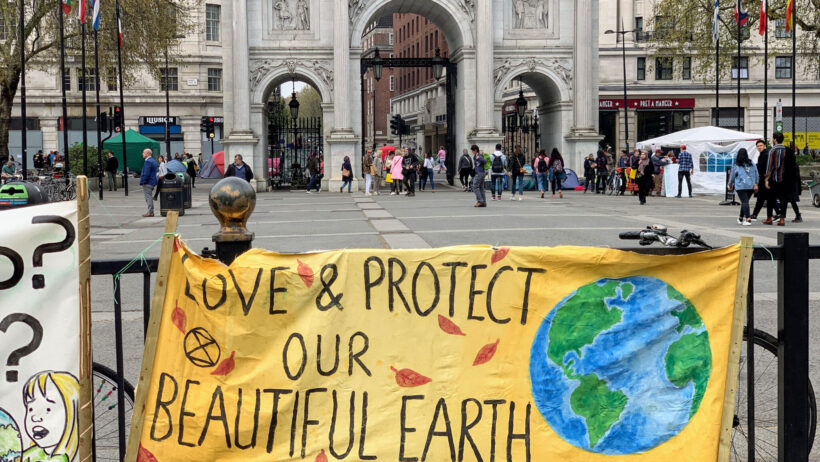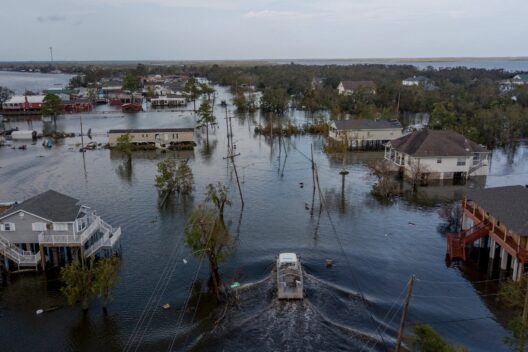Climate change is no longer a distant threat; it is an urgent crisis that demands immediate action from all spheres of society. From individuals to corporations and governments, everyone bears a responsibility in the fight against global warming. The following sections will explore various methods by which we can collectively mitigate climate change and foster a more sustainable future.
Every small action counts. The choices we make in our daily lives can significantly reduce our carbon footprint. Here are some practical steps that individuals can take.
Embrace Sustainable Transportation
One of the primary contributors to greenhouse gas emissions is transportation. Cars, trucks, and airplanes release significant amounts of carbon dioxide into the atmosphere. To counter this, consider adopting more sustainable modes of transportation. Public transit, cycling, walking, and carpooling are excellent alternatives to single-occupancy vehicles. For longer distances, consider train travel instead of flying whenever feasible.
Electric vehicles (EVs) also offer a viable option. As technology progresses, EVs are becoming more affordable and accessible. Not only do they produce fewer emissions, but they also support the transition to renewable energy sources if charged through solar or wind power.
Reduce, Reuse, and Recycle
The mantra “reduce, reuse, and recycle” may seem cliché, but it encapsulates a fundamental approach to minimizing waste and conserving resources. Start by reducing consumption. Before making a purchase, ask yourself if the item is necessary. This simple act can decrease the demand for products that contribute to deforestation, pollution, and greenhouse gas emissions.
Next, embrace the art of reusing. Many items can be repurposed creatively instead of discarded. Clothes, furniture, and even technology can find new life with a little ingenuity. Donations to charitable organizations can also help others while preventing items from ending up in landfills.
When it comes to recycling, ensure that you understand the guidelines specific to your area. Contamination can render otherwise recyclable materials useless, so proper separation is crucial. Participate in local recycling programs, and encourage friends and family to do the same.
Support Sustainable Agriculture
Agriculture is a significant driver of climate change, contributing to deforestation, methane emissions from livestock, and the use of harmful fertilizers. By supporting sustainable agriculture, consumers stimulate eco-friendly farming practices. Buy local and organic products whenever possible, as they often use methods that are less harmful to the environment.
Consider reducing your meat consumption as well. The livestock sector is responsible for a considerable share of total greenhouse gas emissions. Opting for plant-based meals even a few days a week can make a significant difference. Moreover, growing your own food can foster a deeper connection with nature while also reducing dependence on industrial agriculture.
Advocate for Change
Individual actions are essential, but advocating for systemic change is equally important. Engage with local and national representatives to voice concerns about climate policies. Encourage them to implement laws that prioritize sustainability, emissions reductions, and renewable energy sources. Participating in community forums or joining environmental advocacy groups can amplify your voice.
Education is another powerful tool. Stay informed about climate issues and share knowledge with others. Whether through social media, blogs, or community lectures, spreading awareness can spur collective action. By informing friends and relatives about the importance of sustainability, you cultivate a broader movement for change.
Invest in Renewable Energy
Transitioning from fossil fuels to renewable energy sources is critical in combating climate change. When feasible, consider investing in solar panels or subscribing to a green energy plan through your utility company. These steps not only reduce reliance on traditional energy sources but also promote market demand for renewables.
Engaging with community energy projects can also offer an avenue for participation. Many communities have initiatives focused on wind and solar energy that allow residents to invest in local energy production. This not only supports sustainable energy but also strengthens community ties.
Change Your Consumption Habits
The products we choose to purchase can have significant implications for climate change. Opt for products with minimal packaging, and prioritize items made from recycled materials or those sustainable alternatives. By consciously selecting brands and businesses that operate with an eco-friendly ethos, you can influence markets towards greener practices.
Moreover, understanding the life cycle of products—from production to disposal—helps to make informed decisions. This awareness can inspire consumers to choose durability over disposability, fostering a culture of longevity rather than immediacy.
Participate in Local Initiatives
Many cities and towns have localized programs aimed at combating climate change and promoting sustainability. From tree-planting initiatives to community clean-up days, volunteer opportunities abound for those looking to make a tangible impact. Participation not only benefits the environment but fosters a sense of community and shared purpose.
In addition, consider organizing or joining local climate marches and demonstrations. Gatherings like these amplify the message of urgency surrounding climate change and can place pressure on authorities to take decisive action.
Combating climate change requires a concerted effort from all of us. By adopting sustainable practices, advocating for systemic reforms, and becoming educated participants in the global climate movement, we can each contribute to a healthier planet. Every choice matters; together, we can forge a pathway toward a sustainable future.






